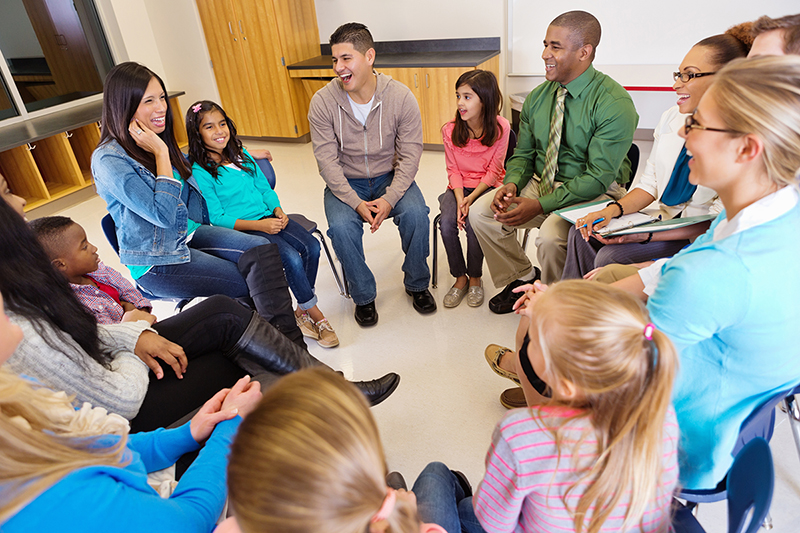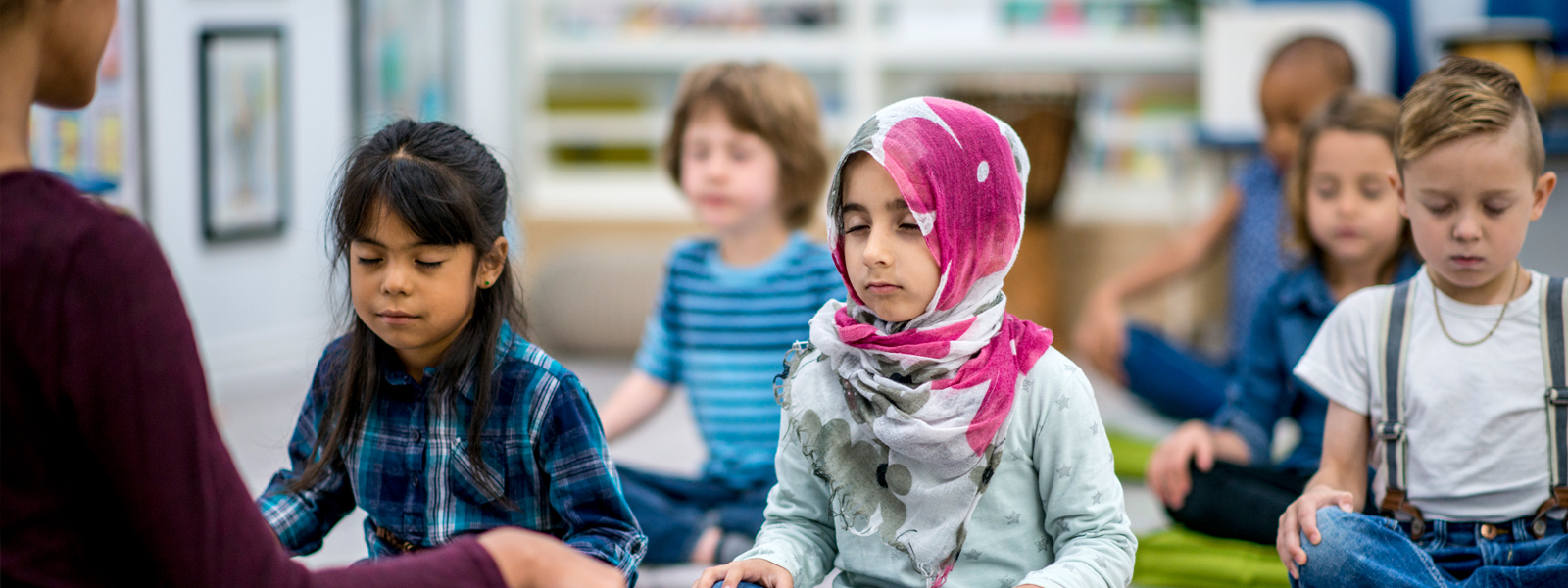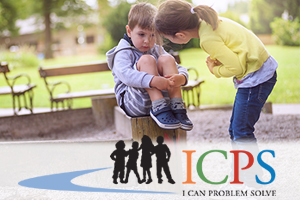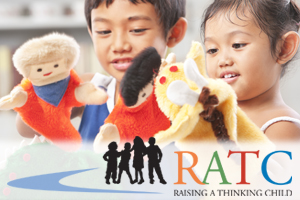Center for the Promotion of Social and Emotional Learning (CPSEL) focuses on social and emotional learning (SEL) and addressing trends in education policy, practice and research, and the challenge of integrating SEL into educational settings.
No longer is the school day just about preparing for high stakes testing – SEL has moved to the forefront of the education landscape, and educators have an increased awareness that when kids feel safe, have healthy connections with others, and can understand and manage emotions, the stage is set, not only for an improvement in academics, but also for changes that impact lifelong success.

Our Guiding Principles
Our work is grounded in the belief that people of all ages possess the ability to learn and grow and become well equipped to navigate life’s successes and challenges. The following principles provide the foundation for our work:
- Social and emotional programming positively affects a broad range of student social, emotional, health, behavioral and academic outcomes.
- Social and emotional skill development in youth has lasting outcomes through adulthood.
- Safe and supportive educational environments that are trauma-sensitive and responsive nurture social and emotional, ethical and academic skills.
- Character development helps young people become responsible, caring, and contributing citizens and should be an integral part of social and emotional learning.
- Families play a crucial role in helping children become confident and independent individuals and learners.
- Long-term change in social, emotional and character development is achieved when educators, families and community members work together as partners.
- Adults serve as important role models for children and can positively affect social and emotional competence by engaging in their own lifelong social and emotional skill development.
Our Vision
All learners will become socially and emotionally competent individuals of strong character.
Our Mission
To promote social and emotional learning and character development, bridging the gap between research and practice by providing evidence-based professional development, consulting, coaching and resources to educators and practitioners in formal and informal settings.

Resources
Recorded Webinars
Advancing Policy Initiatives That Promote Student Social, Emotional and Mental Well-being
Learn about several policy-focused initiatives implemented by other states to address student social, emotional and mental well-being.
Strengthening the Web: The Value of Relationships in Supporting Youth and Families
We will focus on the value of connection, and we can help strengthen the webs of those we serve and strengthen our own web in the process.
Motivating Youth and Building Skills for Life: Implementing Social and Emotional Learning in Out-of-School Time (OST)
This workshop will introduce SEL skills and highlight strategies that can be implemented specifically for the OST environment.
Coregulation and Connection: The Crucial Role of Adults in Children’s Self-Regulation
Learn a trauma-informed framework that will equip you to be effective coregulators, foster meaningful connections and safe environments, and allow children to flourish into socially and emotionally resilient humans.






